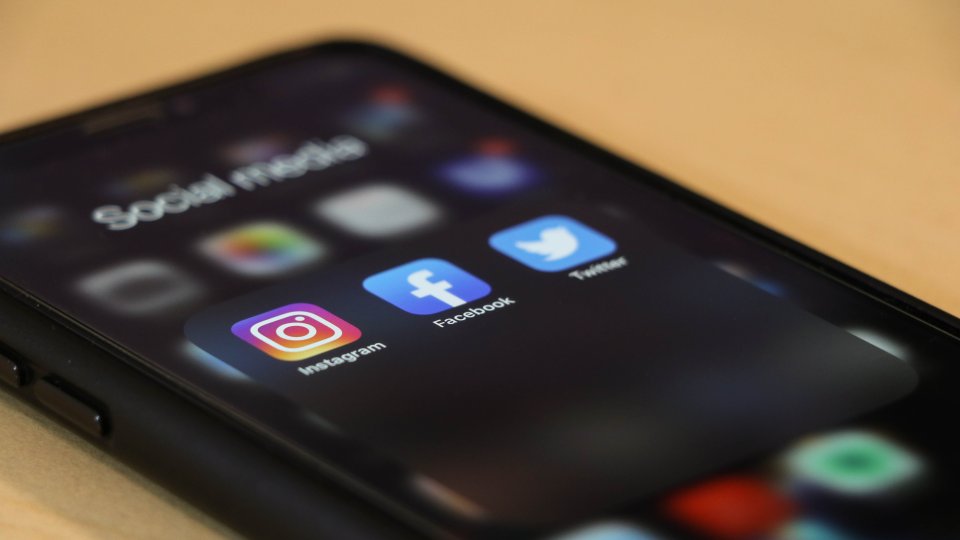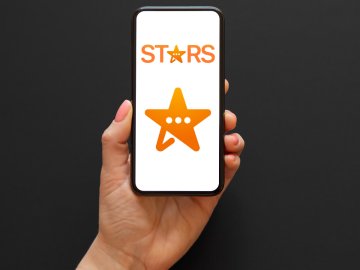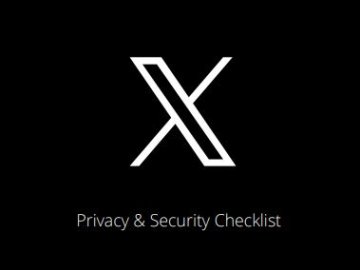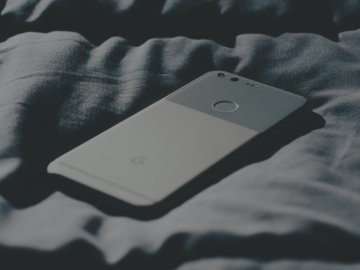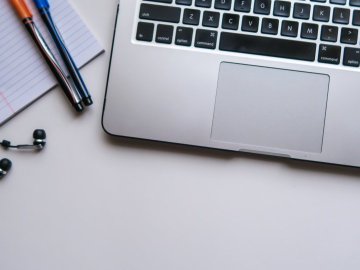Ofcom is the UK’s communications regulator, monitoring television, radio, and other media sources. In 2020 it was announced that they would regulate harmful content online. Their research, Living our Lives Online, which was published at the end of March, found some significant findings around the online behaviours of young people and adults in the United Kingdom.
Perhaps surprisingly, Ofcom’s research learnt that while the likes of social media is sometimes a source of concern for parents and those working with young people, it is actually being used for good. Further still, some young people are seeing real benefits of being online.
With our attention shifting towards Digital Wellbeing in the coming weeks and months, we explore Ofcom’s research to understand how young people use online platforms positively.
Physical and Mental Benefits of online platforms – breaking down the stats
Ofcom’s research found that eight in ten 13-17 year olds use online platforms and services to support and aid their own personal wellbeing. The internet is an incredible hub of information, and that can often be forgotten when there is a very apparent level of risk and harmful content available.
However, a quarter of participants surveyed said that they have used the internet to learn more about healthy eating, or for help with questions surrounding relationships and puberty. While schools, carers, parents, or anyone working with young people are on hand to talk about these issues, some clearly do find it easier to use the confidentially of the internet.
Beyond that, a fifth have said that they use the internet and online platforms to explore fitness programmes and health trackers. Mediums like YouTube are awash with ‘positive’ channels offering free and accessible fitness programs, lessons, or support. This level of information and guidance simply is not available to the majority of young people in the physical world. As demonstrated by Joe Wicks, better known as the Body Coach, who established regular physical education classes during the lockdown to help keep young people active.
This activity helps us to suggest and consider that the likes of Joe Wicks have helped to influence young people to get more active through their use of social media, and platforms like YouTube. The apparent benefit of online platforms for the physical wellbeing of young people does not stop there. Those that said they used the internet for fitness programmes also said they used it for when they are feeling sad, anxious, or worried. While one in 13-17 year olds used the internet to address issues with their sleep, for meditation, and to help them feel energised. Ofcom revealed that of those surveyed the Calm (34%) and Headspace for Kids (29%) apps were most popular.
So much is said about the negative impact that the likes of social media and online spaces have on our mental health however, more than half (53% to be exact) of 13-17 year olds partaking in Ofcom’s research felt that being online is good for their mental health. Only 17% disagreed, saying it was not. Of course these findings do not represent the experience of every social media and online user, however they do help to emphasise positive aspects of the online world! We’ve outlined some resources below, which can help to continue to develop more positive online spaces.
Using online platforms for good
There is no denying that areas like social media have been powerful tools for positive messages and awareness. Movements take off because of social media, and that is reflected in Ofcom’s findings. Nearly a quarter of teenagers (23%) choose to follow activists or campaigners on social media, while over one in five (21%) will write or share posts in support of causes they believe in. On top of that, a little more than one in 10 (12%) follow either political parties or campaign groups on social media.
In fact, young people are taking this a step further. Young adults aged between 16 and 24 are using their platform for others. The generation who has never known life without the internet share their technical skills and offer support by helping others to do things online (86%), with 46% of those saying that they do this weekly.
The internet and online platforms are constantly changing. We can take great solace in seeing that there are so many young people that use online platforms positively, but we know there is still work to do. We do still need the Online Safety Bill, and greater accountability for users. But, while our attentions begins to shift towards Digital Wellbeing at SWGfL, Ofcom’s research certainly gives those working or living with young people a lot to think about when it comes to our perception of online platforms and young people.
SWGfL offer many resources that can help continue to make positive online spaces for young people. ProjectEVOLVE is packed full of resources and information that can help teachers guide pupils and students through online scenarios, whilst our variety of social media checklists also help to ensure that young people can use platforms, in positive ways.
Organisations, schools and colleges can also install the Report Harmful Content button onto their website to allow people to highlight legal but harmful content; ensuring that young users do not experience what they have seen.

